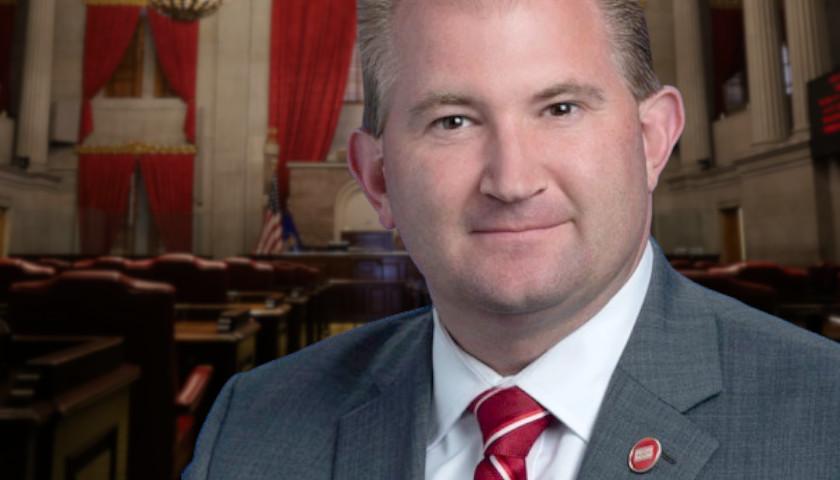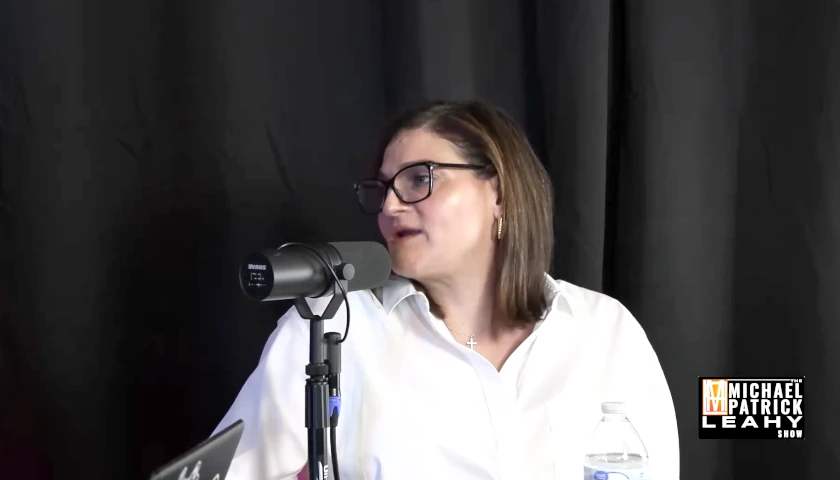The Tennessee House on Wednesday passed bill HB0164 banning drivers from using handheld phones.
The bill tracking information is available here. The Senate companion bill, SB0173, was deferred on Tuesday in the Senate Finance, Ways and Means Committee and now has a scheduled hearing date of April 23.
The House passed the bill on a vote of 53-38, according to the Tennessee General Assembly’s website tracking information available here. Four representatives were counted as “present and not voting.”
The House sponsor is State Rep. John B. Holsclaw Jr. (R-TN-04).
The highly detailed bill “summary,” with amendments, is available on the tracking page. Among the provisions are that adults age 18 and up could use a device for GPS navigation as well as an earpiece, headphone or device on a wrist “to conduct a voice-based communication; and may use a one button on a wireless telecommunications device to initiate or terminate a voice communication.”
The penalties would be:
A violation of this amendment will be a Class C misdemeanor, subject only to imposition of a fine not to exceed $50.00. However, if the violation is the person’s third or subsequent offense or if the violation results in an accident, the fine will be $100; or if the violation occurs in a work zone when employees of the department of transportation or construction workers are present or in a marked school zone when a warning flasher or flashers are in operation, the fine will be $200. A violator will be subject to the imposition of court costs not to exceed $10.00, including, but not limited to, any statutory fees of officers. State and local litigation taxes will not be applicable to a case prosecuted under this amendment. In lieu of any fine imposed, a first time offender may attend and complete a driver education course.
The bill would make Tennessee the 17th in the nation to pass such a ban, according to The Tennessee Journal: On the Hill.
On the Hill reported one criticism of the bill:
Critics of the bill have included Sen. Frank Niceley (R-Strawberry Plains), who in a committee meeting listed several other distracting activities not specifically banned under state law, including eating, changing the radio station, arguing with a spouse, or “reaching around and smacking a young’un in the back seat.”
– – –
Jason M. Reynolds has more than 20 years’ experience as a journalist at outlets of all sizes.





